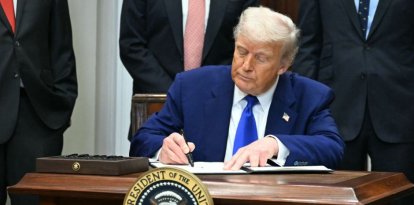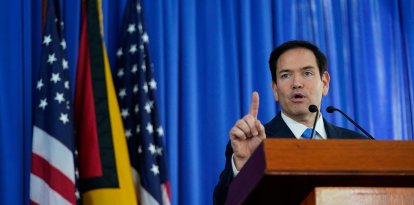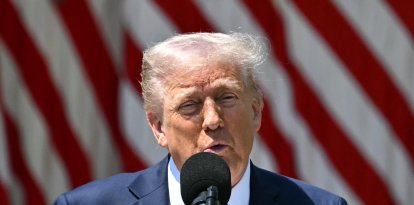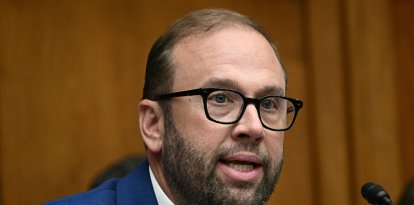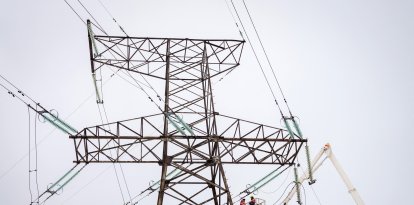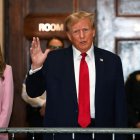House concludes that Bragg and Merchan's prosecution of Trump "violated the constitutional and legal rights" of the former president
The Federal Government Instrumentalities committee accused Democrats of placing a top Obama DOJ official on the Manhattan DA's "Anti-Trump" team.
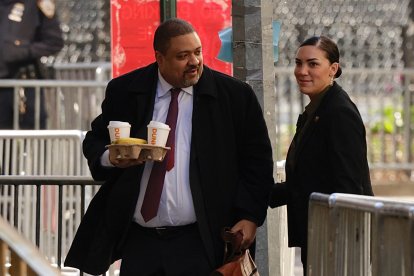
Alvin Bragg arrives in court during the Trump trial.
The Federal Government Instrumentalities Committee of the House of Representatives filed a report indicting Manhattan District Attorney, Alvin Bragg, and Judge Juan Merchan of pursuing a proceeding against Trump that "vulnerated the constitutional and legal rights" of the former president. Also during the session, they presented documents indicating that Democrats maneuvered to place a top Obama DOJ official on Bragg's "Anti-Trump" team.
"Witch hunt"
In the document, titled under a clarifying "How the Manhattan District Attorney's Office and a New York State Judge Violated President Donald J. Trump's Constitutional and Legal Rights." Throughout the 35-page text, the authors unpack the errors and abuses committed by both during what they described as a "witch hunt" against the Republican candidate.
Indeed, the Committee ends the document by noting that "Given that President Trump’s indictment was conceived in legal and constitutional error and the trial exacerbated and compounded those errors, an honest review of the facts and the law will likely lead appellate courts to vacate the conviction and dismiss the indictment with prejudice. This will go a long way in restoring the American people’s trust and confidence in our justice system, although more work is ahead. In the meantime, the Committee and Select Subcommittee will continue our oversight of lawfare and its effect on the rule of law in the United States."
In addition, the report shows the concern of conservative lawmakers over the application of a new legal theory that did not allow the tycoon's legal team to adequately prepare the defense: "Because President Trump was unaware of the specific charges against him, in particular the underlying offense and its essential elements, he did not have a meaningful opportunity to defend against those charges."
If that wasn't enough, Merchan instructed jurors that they "did not have to agree on a singular unlawful act" to convict Trump. Instead, he offered them three alternatives as to what the underlying offense might be without claiming unanimous agreement on their decision.
Bragg's lead prosecutor's ties to the Democratic Party
RECOMMENDATION
